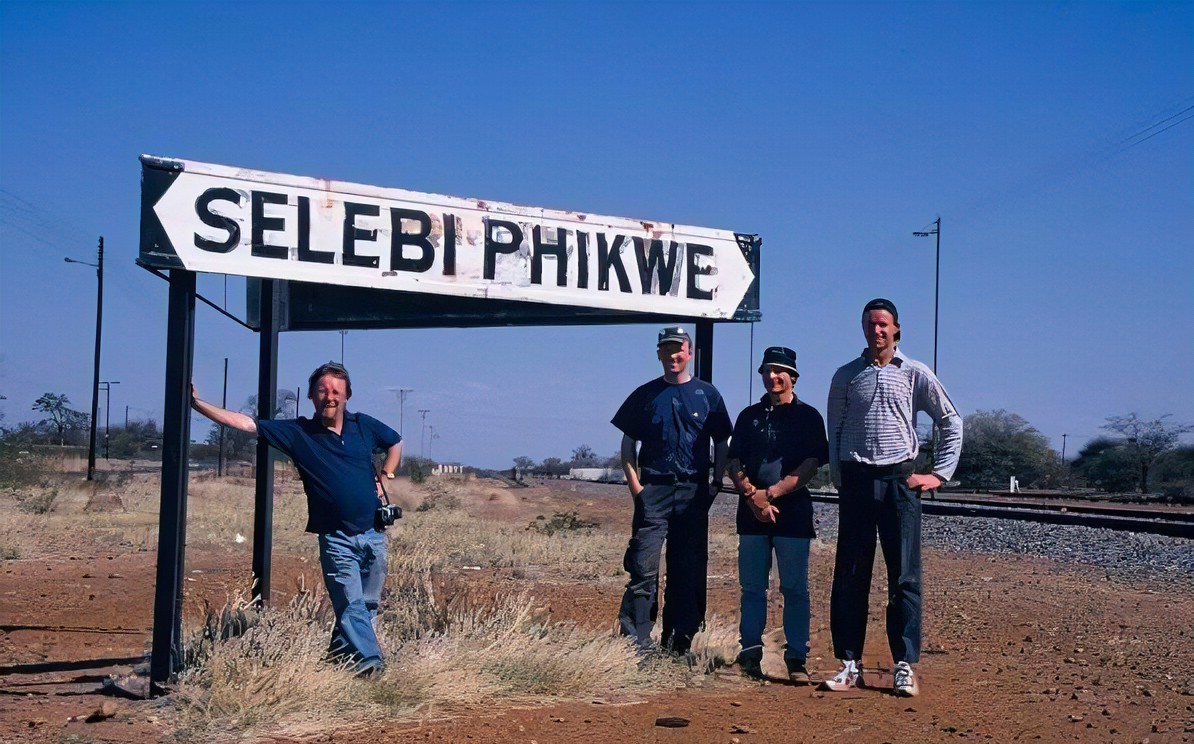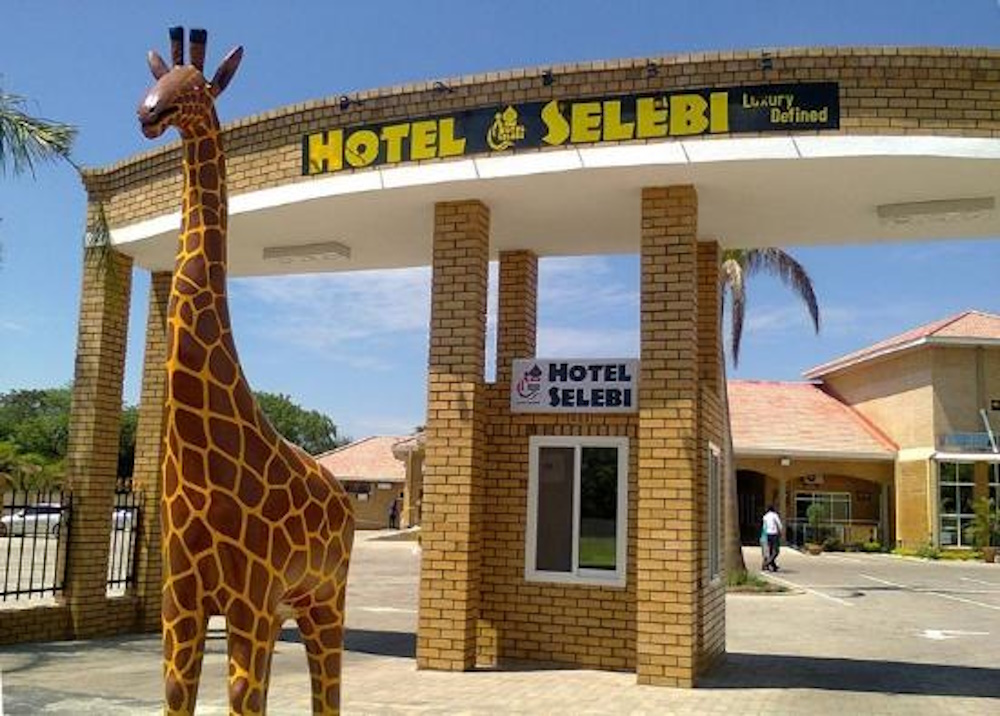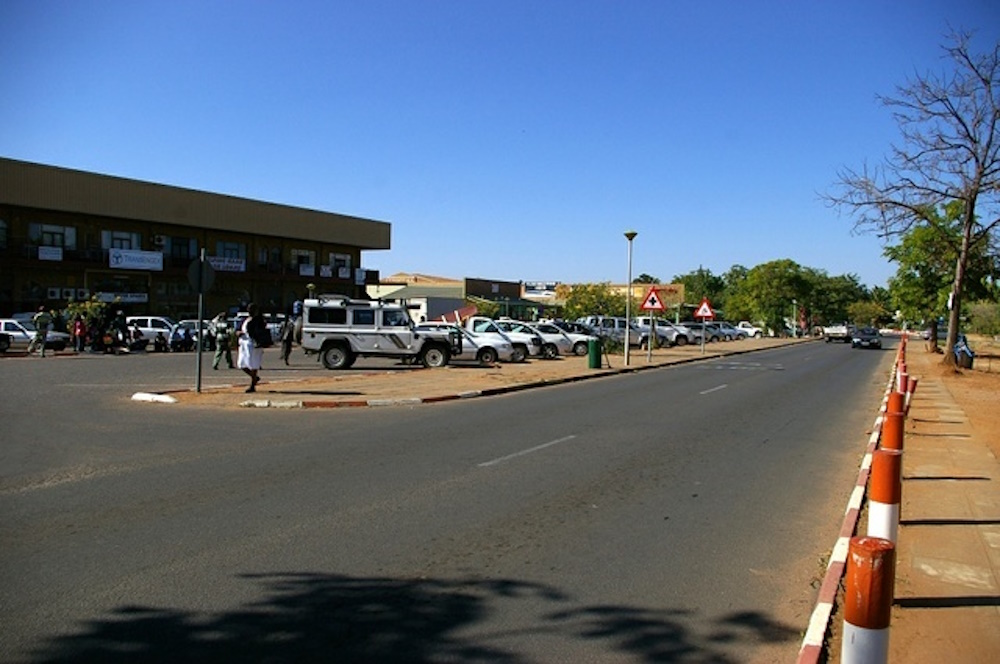Discover Selebi-Phikwe
Selebi-Phikwe, often simply called Phikwe, is a mining town located in the Central District of Botswana. This unique town has a rich history tied to the copper and nickel mining industry, which has shaped its development and character over the years.
History and Development
Selebi-Phikwe was established in 1973 as a mining town, following the discovery of copper and nickel deposits in the area. The town's growth was closely tied to the Bamangwato Concessions Limited (BCL) mine, which became the economic backbone of the region for several decades.



Economic Transition
In 2016, the closure of the BCL mine marked a significant turning point for Selebi-Phikwe. The town has since been working on diversifying its economy and reinventing itself. The government and local authorities have been implementing various initiatives to attract new industries and investments to the area.
Attractions and Points of Interest
- Selebi-Phikwe Museum: Showcases the town's mining history and cultural heritage.
- Motloutse River: Offers scenic views and recreational opportunities.
- Thakadiwa Hills: Popular for hiking and enjoying panoramic views of the surrounding landscape.
- Selebi-Phikwe Golf Club: An 18-hole golf course that attracts both local and visiting golf enthusiasts.
- Local Markets: Vibrant markets where visitors can experience local culture and purchase traditional crafts.
Cultural Significance
Despite its relatively recent establishment, Selebi-Phikwe has developed a unique cultural identity. The town's population is diverse, with people from various parts of Botswana and neighboring countries who were drawn by mining opportunities. This diversity has contributed to a rich cultural tapestry that is reflected in the town's arts, music, and culinary scenes.
Fun Fact
Selebi-Phikwe was once home to one of the deepest mines in the world, with shafts reaching depths of over 1,000 meters!
Education and Sports
The town is known for its educational institutions, including the Selebi-Phikwe College of Education. Sports play a significant role in the community, with the town hosting various sporting events and being home to several sports clubs.
Environmental Considerations
The legacy of mining has left environmental challenges that the town continues to address. Efforts are underway to rehabilitate former mining areas and improve air and water quality in the region.
Future Prospects
Selebi-Phikwe is in a period of transition and reinvention. The town is focusing on:
- Attracting new industries, particularly in manufacturing and agriculture
- Developing tourism based on its unique mining heritage and natural surroundings
- Enhancing infrastructure to support business growth
- Promoting skills development to create a versatile workforce
Visiting Selebi-Phikwe
For visitors, Selebi-Phikwe offers a unique glimpse into Botswana's industrial heritage and the challenges and opportunities of economic transition. The town's location also makes it a convenient stopover for those traveling between Gaborone and the northern parts of Botswana.
Accommodation and Dining
The town offers a range of accommodation options, from guesthouses to hotels. Visitors can also enjoy local cuisine at various restaurants and cafes in the town center.
Selebi-Phikwe's story is one of resilience and transformation. As it moves beyond its mining past, the town is carving out a new identity while honoring its heritage. For those interested in industrial history, economic development, or simply experiencing a unique aspect of Botswana, Selebi-Phikwe offers a fascinating destination.